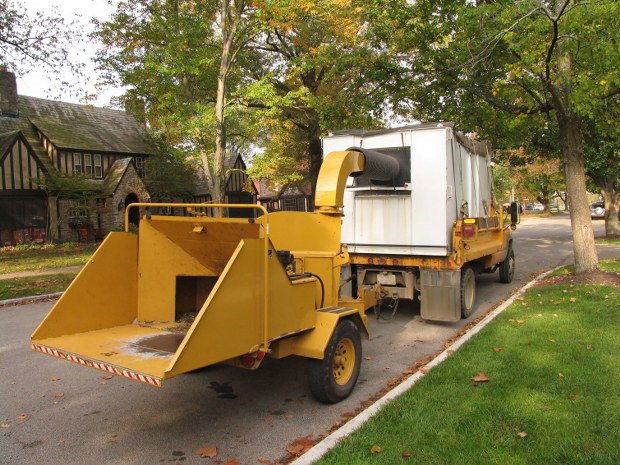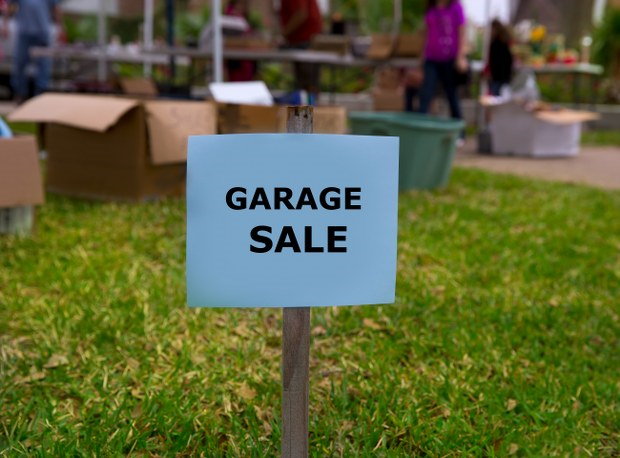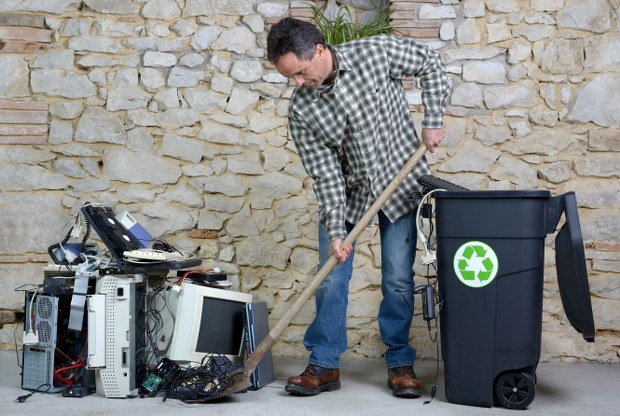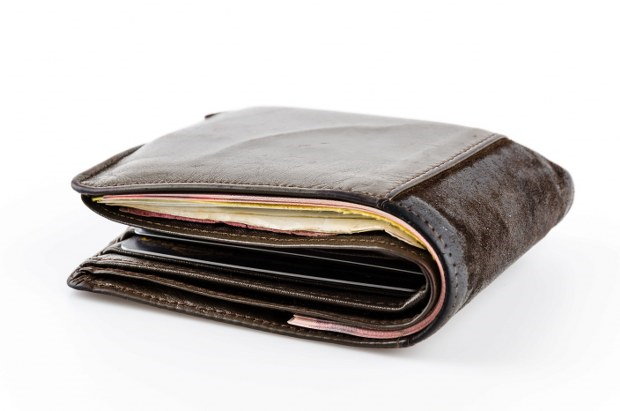How Much Does House Clearance Cost?

If you are doing your own house clearance then it’s worth taking into account the fact that all the necessary methods of clearance and disposal add up. If you aren’t careful then the cost of clearing the house can end up being far more of a burden than just leaving the house full for a little bit longer or the hassle of contracting a company to do the clearance for you. Here are some of the costs to be aware of when dealing with a house clearance:

Skip Hire: If you are disposing of bulkier items then it would surely follow to hire a skip which can be collected and the contents dealt with appropriately. However, contrary to popular belief you cannot just chuck any waste into a skip and then be done with it. There are strict guidelines, some of them legal and some of them company specific, about what you can put in a skip. Depending on the size of the skip and where you plan on keeping it for the duration of the clearance you may also have to pay an extra fee to the council for keeping it on the road – especially if you don’t have a driveway – and some councils may refuse to let you park it on the road at all. Basically, if you require a skip for your house clearance then do your research and make sure you know exactly what you’re getting into and how much it will set you back.

Sales: If you want to sell anything which you think may be of value from the house clearance then it’s worth remembering that you often need to put a little money in to get money out. If you are selling online, for example, there will probably be insertion fees which you need to pay on each item unless you manage to find a deal, website or time window where there are no insertion fees. Also, if you choose to say that postage and packing is free to make your items more appealing, remember that in reality someone will have to pay the postage and packing. Once someone has bought an item online you enter a contract with them. You can’t refuse to send them the item just because you didn’t realise how much it would cost to send it. Also you may have to pay a small fee to get items included in an auction and it is not a given thing that you will get this money back or that your item will sell.

Electricals: Some recycling companies and councils are now allowing small electrical devices (toasters, hair dryers etc.) to be put in the normal recycling boxes and you can therefore dispose of/recycle them for no fee at all. However, larger electrical items cannot be left out for the bin men or, usually, put into a skip. You may be able to drive them to the nearest facility that can deal with them at no real extra cost but if there is no facility nearby or you do not have the means to get your electrical goods there yourself then you may be required to enlist the help of a company – at a cost – to do it for you.

These are just a few of the things that you may need to look out for. This may seem to be quite a cynical and pessimistic outlook on the whole situation but as the boy scouts are well known for saying – it’s always better to ‘be prepared’.
